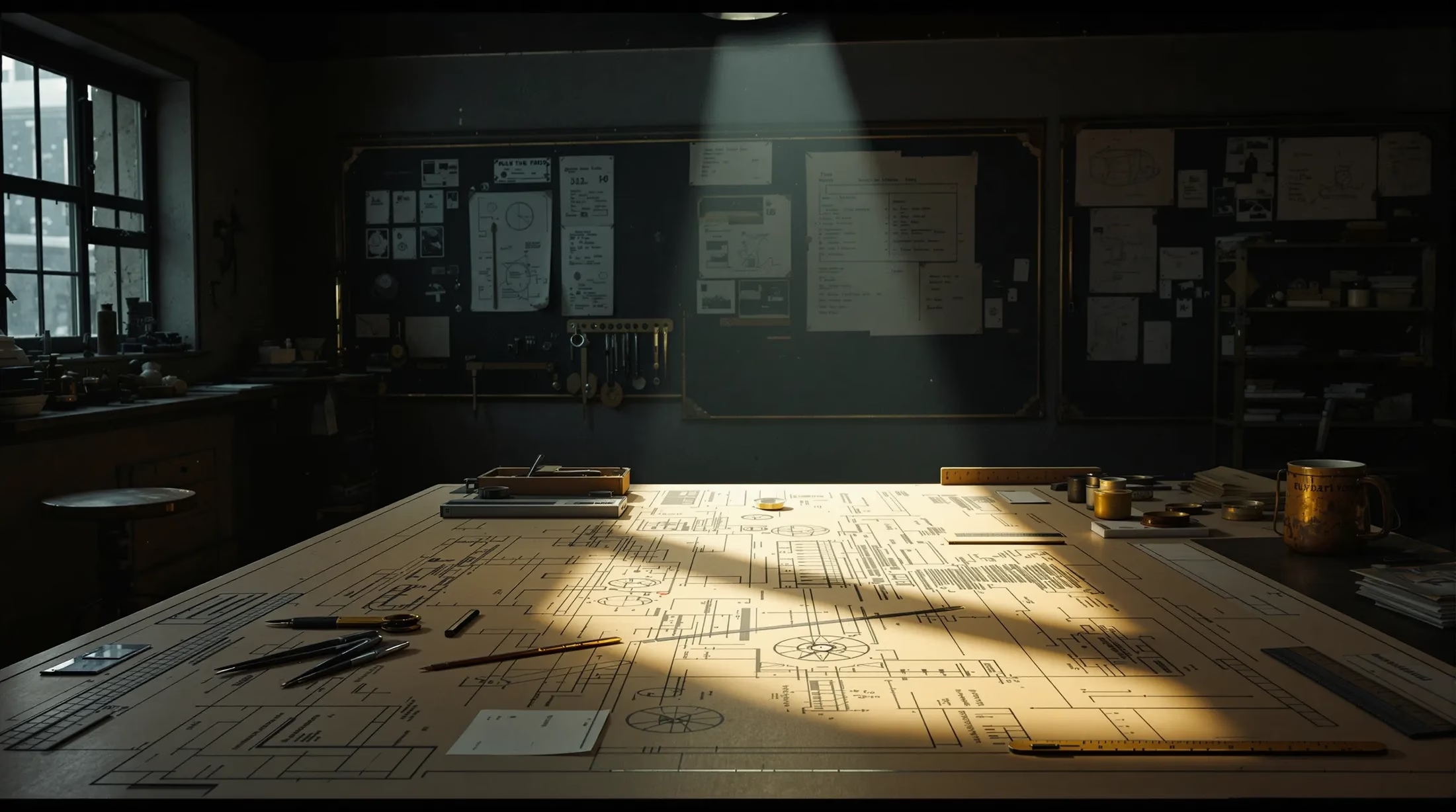What Does a Project Engineer Do? Roles, Responsibilities, and Skills Explained
Looking to understand the dynamic role of a Project Engineer? Whether you’re considering this career path or working with project engineers, this comprehensive guide will walk you through their essential functions, responsibilities, and impact on successful project delivery.
Understanding the Role of a Project Engineer
A Project Engineer serves as the central hub connecting all project stakeholders. This position uniquely bridges technical engineering expertise with project management, ensuring efficient project progression from conception to completion. They are responsible for interpreting customer requirements, aligning with project manager expectations, understanding contract details, and coordinating across multiple engineering disciplines.
The role demands professionals who can adapt to changing project needs while maintaining mastery of both technical and managerial aspects. Project Engineers drive initiatives forward by facilitating communication between manufacturing teams, on-site workers, and stakeholders, ensuring alignment with project goals and timelines.
What is a Project Engineer?
A Project Engineer combines deep technical engineering knowledge with project management capabilities to oversee projects throughout their lifecycle. They serve as the critical connection point between various stakeholders, including:
- Clients and end-users
- Project managers and team leads
- Engineering teams and specialists
- Contractors and suppliers
- Quality assurance personnel
Unlike specialized engineers focused solely on technical aspects, Project Engineers balance expertise with leadership skills to meet both engineering standards and business objectives. They typically possess strong foundations in specific engineering disciplines while maintaining broader project management capabilities.
Key Responsibilities of a Project Engineer
- Developing comprehensive project plans and timelines
- Managing and monitoring engineering tasks
- Overseeing project budgets and expense tracking
- Assigning and coordinating team responsibilities
- Preparing detailed technical reports and documentation
- Conducting project meetings and stakeholder communications
- Implementing risk mitigation strategies
- Ensuring compliance with regulations and standards
Core Responsibilities of a Project Engineer
Project Engineers orchestrate technical projects from conception to completion, balancing technical oversight with managerial duties. They analyze requirements, develop implementation strategies, and coordinate resources to achieve project goals. Their role encompasses risk assessment and problem-solving, while serving as the primary technical point of contact for all stakeholders.
Managing Project Timelines and Budgets
Effective timeline and budget management forms the foundation of a Project Engineer’s responsibilities. These professionals utilize sophisticated project management tools to:
- Develop detailed project schedules with specific milestones
- Implement critical path analysis for workflow optimization
- Track progress against baseline schedules
- Create comprehensive budgets for labor, materials, and equipment
- Monitor expenditures and analyze cost variances
- Forecast future costs and evaluate financial impacts
- Implement corrective measures to prevent budget overruns
Coordinating with Cross-Functional Teams
Project Engineers excel at orchestrating collaboration across diverse teams. They establish effective communication channels between:
- Engineering teams and specialists
- Contractors and subcontractors
- Client representatives
- Regulatory officials
- Management stakeholders
Through regular progress meetings and clear communication protocols, they ensure all parties maintain alignment on project objectives and milestones. Their expertise in translating technical requirements into actionable tasks helps bridge departmental gaps while effectively managing resources and priorities.
Beyond coordination, Project Engineers excel at building consensus among teams with diverse perspectives. They provide technical mentorship to junior engineers, delegate responsibilities strategically, and offer specialized guidance when teams encounter challenges. Their comprehensive documentation of decisions, action items, and responsibilities creates accountability while facilitating knowledge transfer throughout the project lifecycle.
Ensuring Compliance with Safety and Quality Standards
Project Engineers implement comprehensive quality management systems that include:
- Detailed acceptance criteria for deliverables
- Standardized testing procedures
- Regular inspection requirements
- Verification methodologies
- Quality audit protocols
- Corrective action procedures
In terms of safety management, Project Engineers lead systematic risk assessment processes to identify potential hazards and develop preventive measures. They cultivate a safety-first culture through:
- Comprehensive safety training programs
- Regular safety meetings and briefings
- Open communication channels for safety concerns
- Routine site inspections
- Detailed safety performance documentation
Essential Skills for a Project Engineer
Success in project engineering demands a unique blend of technical expertise and managerial capabilities. Project Engineers must maintain deep knowledge of discipline-specific engineering principles while demonstrating strong project management competencies. This combination enables them to transform complex technical requirements into achievable project outcomes.
Technical Skills Required for Project Engineering
- In-depth understanding of discipline-specific engineering principles
- Proficiency in technical analysis and design evaluation
- Advanced technical writing capabilities
- Expertise in industry-specific software tools (CAD, simulation software)
- Comprehensive knowledge of industry standards and regulations
- Ability to interpret and validate technical specifications
Soft Skills for Effective Project Management
- Clear communication across technical and non-technical audiences
- Leadership and team motivation abilities
- Creative problem-solving capabilities
- Negotiation and conflict resolution expertise
- Advanced time management and organizational skills
- Adaptability in facing project challenges
- Strategic decision-making abilities
Career Path and Opportunities in Project Engineering
Project engineering combines technical expertise with management skills, offering dynamic career opportunities across construction, manufacturing, and technology sectors. This role bridges engineering disciplines with project management, providing professionals with competitive compensation that reflects their dual expertise in technical engineering and project oversight.
The profession’s strength lies in its comprehensive exposure to multiple business aspects, including:
- Technical design implementation
- Financial management oversight
- Client relationship management
- Strategic business planning
- Stakeholder coordination
- Resource optimization
Educational Requirements for Project Engineers
| Educational Component | Details |
|---|---|
| Core Degree | Bachelor’s in Civil, Mechanical, Electrical, or Industrial Engineering |
| Complementary Studies | Business Administration, Project Management coursework |
| Professional Certifications | PMP, PE License, Industry-specific certifications |
| Advanced Education | Specialized training programs, Advanced degrees |
Advancement Opportunities in Project Engineering
The career progression in project engineering offers multiple advancement pathways:
- Senior Project Engineer – managing larger, more complex projects
- Project Manager – focusing on strategic planning and delivery
- Engineering Manager/Director – overseeing departments or divisions
- Chief Engineer/CTO – executive leadership positions
- Operations Director/VP of Engineering – strategic organizational roles
- Independent Consultant – specialized project guidance
- Entrepreneur – founding engineering firms or service companies
This diverse range of advancement opportunities reflects the valuable, transferable skill set that project engineering experience provides across various industries and organizational structures. The combination of technical knowledge and business acumen creates a solid foundation for long-term career growth and professional development.







